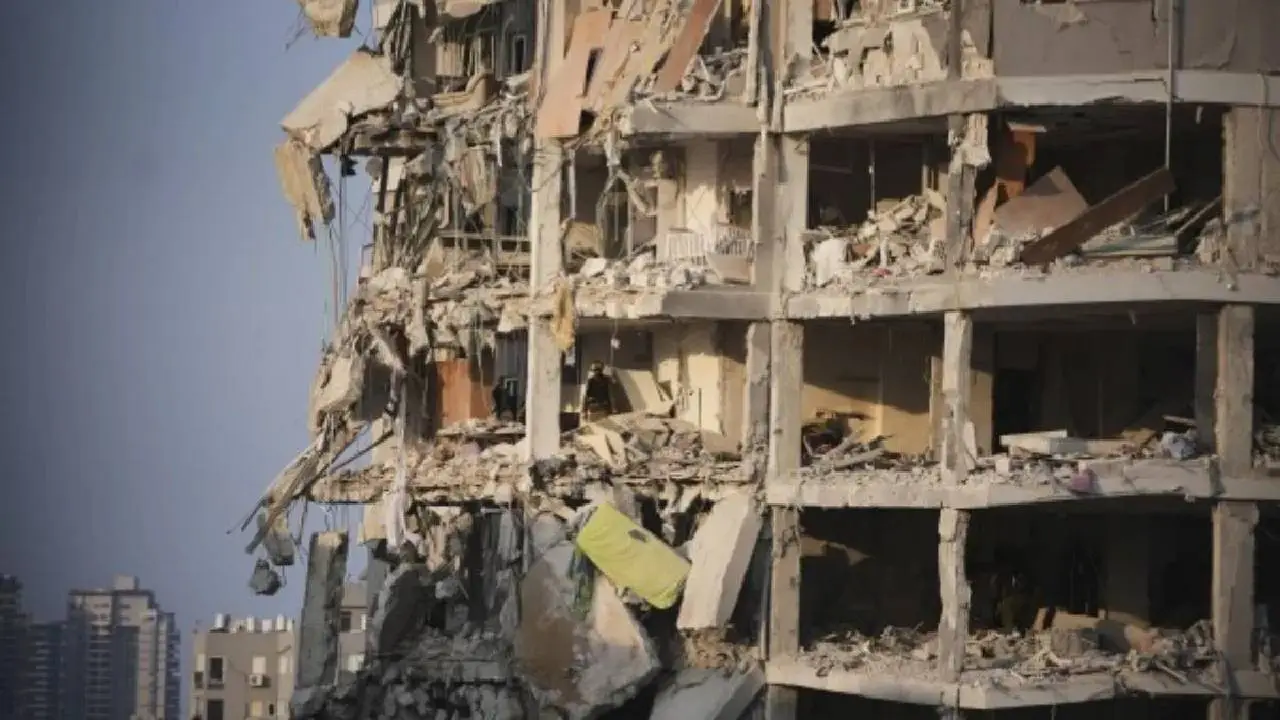
Israel Took Out Iran’s 14 Scientists
International News: Israel has reportedly assassinated 14 top Iranian nuclear scientists in a covert operation that stunned the global intelligence community. The strike is being called a “decapitation hit,” aiming not at facilities but at minds powering Iran’s nuclear ambitions. With these key experts gone, Tehran’s atomic timeline may suffer, but questions remain about backups and foreign help. Analysts say knowledge can be replaced, but losing seasoned scientists deals a psychological and strategic blow. The world now watches closely: has Israel halted the bomb—or merely paused the countdown?
Israeli airstrikes reportedly eliminated 14 elite Iranian scientists involved in uranium enrichment and weapons design. These were not ordinary researchers but physicists, engineers, and chemists with decades of experience. Israel claims they were irreplaceable assets in Iran's nuclear quest. According to Ambassador Joshua Zarka, the strikes were precise and intelligence-led. He added that these individuals weren’t merely studying science—they were actively enabling a nuclear bomb. Targeting such figures, Israel believes, delivers a stronger blow than hitting infrastructure. Experts describe it as a "decapitating strike" designed to buy time. Yet some warn that it sets a dangerous precedent for warfare and diplomacy.
The attacks began on June 13, reportedly across three Iranian research hubs. The first wave killed nine scientists, most with extensive knowledge of explosives and nuclear fission. Israel used bunker-busting bombs to reach underground labs where these experts worked. U.S. support allegedly came in the form of satellite intel. The scientists killed were seen as the core of Iran’s breakout capability—the phase where peaceful enrichment turns weaponized. Their deaths mark one of the most aggressive moves in recent non-conventional warfare. Iran, while confirming the fatalities, has not disclosed names. Families were reportedly warned not to speak to media.
Global analysts argue the operation will delay but not dismantle Iran’s nuclear trajectory. London-based expert Mark Fitzpatrick noted that Iran retains blueprints and secondary teams. Students mentored by the slain scientists could fill the void in time. Geneva analyst Pavel Podvig emphasized that unless uranium stockpiles or key centrifuges are hit, capabilities remain. Eliminating people slows down progress but cannot erase decades of institutional knowledge. Iran also has ties with North Korea and can import expertise if needed. So while symbolic, the move might only be a tactical win. Strategic outcomes remain uncertain as Tehran regroups.
Killing civilian scientists invites complex legal questions under international law. The Geneva Convention prohibits targeting non-combatants, though some argue these scientists were quasi-military. In 2020, Iran had accused Israel of assassinating Mohsen Fakhrizadeh using a remote-controlled gun. That killing had also stirred controversy over ethical boundaries. Legal scholars now debate whether these scientists qualify as lawful targets. If they directly contributed to weapons systems, the argument may hold. But ambiguity in roles makes blanket justification risky. Such acts, if normalized, may endanger scientists worldwide. The academic world fears a future where knowledge becomes a death sentence.
France and Germany expressed concern over what they termed "disproportionate action." They fear this might embolden tit-for-tat strikes in future regional crises. The UN has called for restraint and urged diplomatic dialogue. The U.S., while silent officially, is believed to have played a quiet supporting role. Russia and China condemned the attacks outright. Within the Middle East, Sunni nations remain divided—some quietly applaud Israel’s decisiveness, while others fear escalation. The assassination of scientists adds a layer of volatility to already tense geopolitics. It complicates any path forward for nuclear negotiations in Vienna or Doha.
Israel’s strategy appears clear—neutralize threats before they manifest. By targeting knowledge rather than hardware, it signals a long-term deterrent doctrine. Zarka claimed the killings would dissuade young Iranian minds from joining such programs. This psychological warfare aims to freeze Iran’s talent pipeline. Yet history shows that ideology often outlives fear. Experts argue that martyring scientists could rally more recruits. Iran’s Revolutionary Guard may double down on covert research. In this shadow war, deterrence is temporary and risks are rising. What began as a surgical operation might evolve into a strategic quagmire.
The attacks have rekindled fears that non-proliferation norms are eroding. If countries begin to kill scientists instead of negotiating treaties, the arms race may return in new form. Already, North Korea and Pakistan are tightening security for their nuclear teams. India and China watch closely, wary of similar precedents. Iran has vowed retaliation, but its timeline remains unclear. Western diplomats say this could derail years of fragile diplomacy. The Nobel dream of a nuke-free world now seems farther away. Israel may have bought time, but peace demands far more than precision strikes.





Copyright © 2026 Top Indian News
